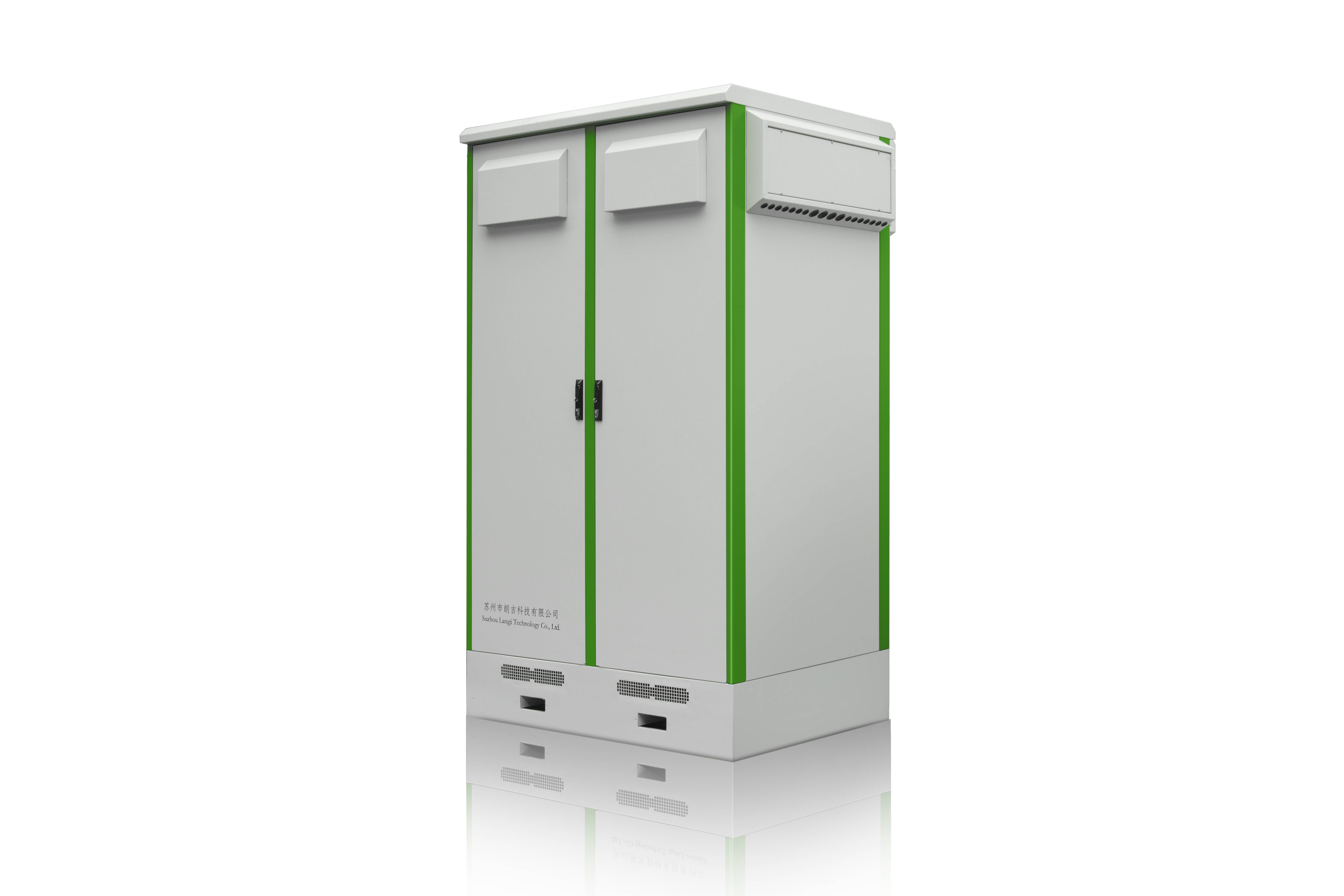
8 月 . 13, 2024 12:02 Back to list
Understanding CE Certification for Energy Storage System Integrators in the European Market
CE Certification for Energy Storage Integrators Ensuring Quality and Safety in Energy Solutions
As the global focus shifts towards sustainable energy solutions, energy storage systems have become critical for managing and harnessing renewable energy. The proliferation of these systems has led to an increased demand for energy storage integrators, professionals who design, install, and maintain battery storage systems. To safeguard the quality and safety of these systems, CE certification has emerged as a vital standard for integrators operating in the European market.
CE marking, which stands for Conformité Européenne, indicates that a product complies with European Union (EU) safety, health, and environmental protection requirements. This certification is essential for companies involved in the energy sector, particularly for those integrating complex energy storage systems. The CE marking assures consumers and businesses that the products they are using meet high safety standards and are reliable in performance.
For energy storage integrators, obtaining CE certification demonstrates a commitment to excellence and adherence to regulatory requirements. This certification encompasses a variety of components within energy storage systems, including batteries, inverters, and associated electrical devices. By integrating these components into a cohesive and compliant system, integrators can ensure that their installations can operate safely and efficiently.
One of the primary benefits of CE certification for energy storage integrators is enhanced market access. Many countries within the European Union require CE marking for products sold within their borders. Without this certification, integrators face significant barriers to entry, limiting their growth potential and competitiveness. As renewable energy becomes more prevalent, being CE certified positions integrators as trusted suppliers in a market that increasingly demands compliance and accountability.
ce certification energy storage integrators

Moreover, CE certification encourages best practices within the industry. It entails rigorous assessments, including technical documentation, risk assessments, and compliance testing. These processes not only build consumer trust but also drive integrators to adopt higher standards in their operations. As a result, customers can have confidence in the reliability and safety of energy storage systems, knowing they are backed by certified integrators.
Another significant aspect of CE certification is its role in fostering innovation. By adhering to established standards, energy storage integrators are encouraged to invest in new technologies and methodologies. This can lead to the development of more efficient and robust energy storage solutions, which are crucial for the ongoing transition to renewable energy sources. Innovative products that meet CE standards can help reduce costs, improve system performance, and enhance customer satisfaction.
Furthermore, CE certification aligns with broader environmental goals. As countries strive to meet climate targets and reduce carbon emissions, certified energy storage solutions become essential. The ability to efficiently store and distribute renewable energy not only helps to alleviate the intermittency of sources like solar and wind energy but also promotes the use of clean energy. Integrators who prioritize CE certification are playing a pivotal role in facilitating this transition and contributing to a sustainable future.
In conclusion, CE certification for energy storage integrators is an integral aspect of ensuring quality, safety, and innovation in energy solutions. As the demand for energy storage continues to rise in response to global sustainability efforts, integrators who embrace CE standards will not only enhance their market opportunities but also contribute to a cleaner, safer, and more reliable energy future. Their commitment to compliance and excellence will ultimately lead to greater consumer trust and satisfaction, reinforcing the importance of quality in the rapidly evolving energy landscape.
-
FREMO Portable Power Station High-Capacity, Lightweight & Reliable
NewsMay.30,2025
-
24V DC Power Supply Certified & Efficient Home Depot Exporters
NewsMay.30,2025
-
12V 2A DC Power Supply for Home Depot Trusted Supplier & Exporter
NewsMay.29,2025
-
Energy Storage Power Station Solutions Reliable & Efficient Products
NewsMay.29,2025
-
Portable Power Station R100 High-Capacity & Reliable Backup Power
NewsMay.29,2025
-
Energy Management System EMS
NewsMar.07,2025


